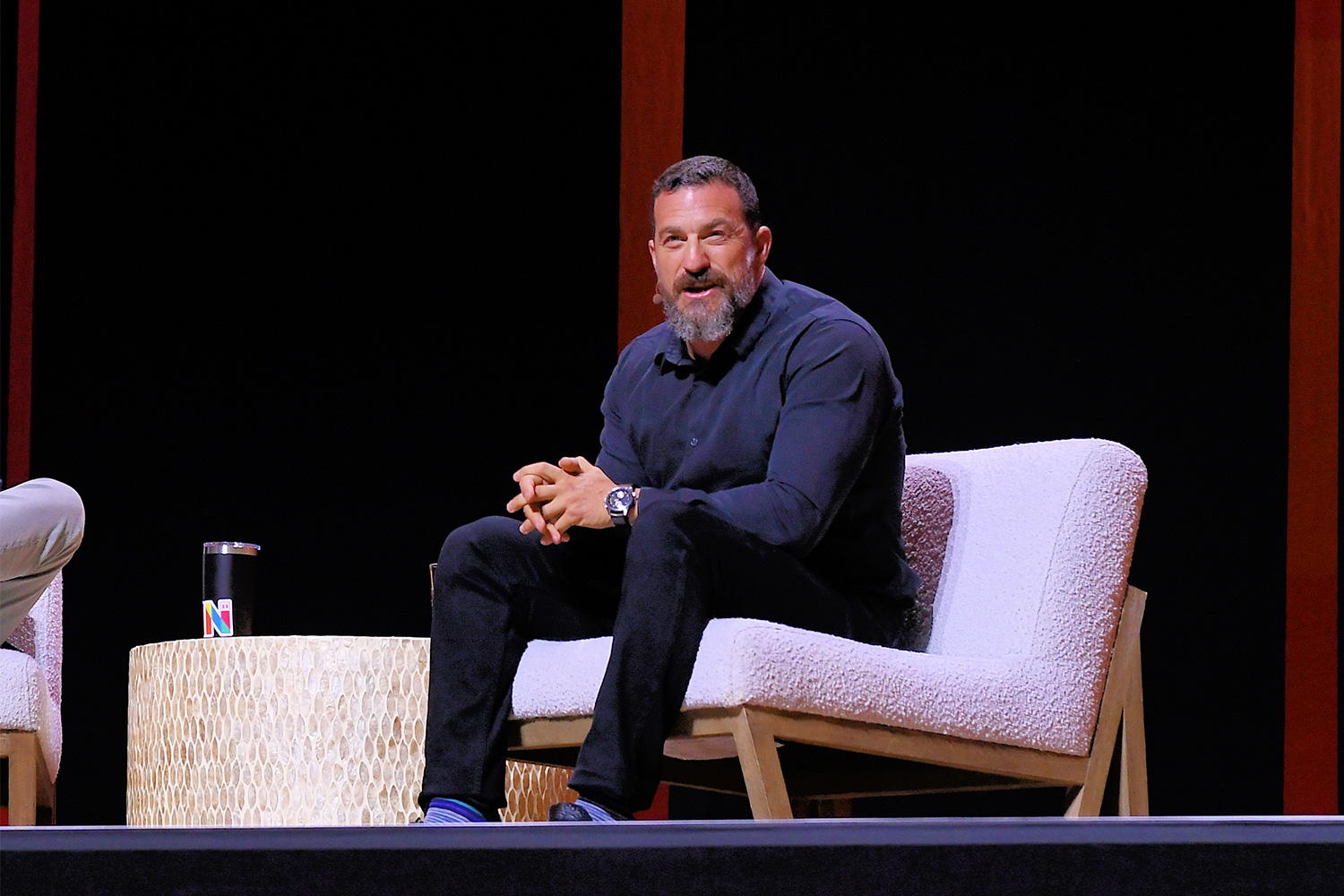New York just published a fantastic piece of reporting by Kerry Howley on popular podcast host and academic Andrew Huberman. A Guardian headline from last year described Huberman as a “neuroscience bro,” and he’s offered his listeners advice on everything from dopamine to the importance of sunlight. Howley — author of one of the best books of last year — notes that she was, at one point, an avid listener of Huberman’s work. She refers to it as “a period in which I realized that I not only liked this podcast but liked other women who liked this podcast.”
Spoiler alert: Howley’s article is not a glowing portrait of Huberman. Instead, she describes “a chasm” that “opened between the podcaster preaching dopaminergic restraint and a man, with newfound wealth, with access to a world unseen by most professors.”
Much of the focus of the article is on Huberman’s romantic relationships. It sounds like Huberman lied about being in a monogamous relationship to at least one woman he was in a relationship with, and seems to have juggled multiple relationships without the women in question being aware of one another.
In terms of men being accused of bad behavior in recent years, it’s far from the worst case imaginable. But there’s still a big difference between “didn’t do anything illegal” and “is someone people should go to seeking moral advice.” It’s something Howley addresses in the article, writing, “There is an argument to be made that it does not matter how a helpful podcaster conducts himself outside of the studio. A man unable to constrain his urges may still preach dopaminergic control to others.”
Is YouTube Looking to Take on Spotify When it Comes to Podcasts?
An interesting wrinkle in the podcasting spaceBut the specific case of Andrew Huberman points to a larger issue as well. Odds are pretty good that if you’re reading this, you’ve been let down after you learned something about someone whose observations on life had previously resonated with you. Plenty of people — most of them men — who seemed to offer a kind of candor or clarity about life have been revealed to have unsavory personal lives. It’s not unlike the discourse around parasocial relationships with celebrities, but with even more serious implications.
As Howley herself points out in her article, there are few easy answers when reckoning with cases like Huberman’s. But if there’s anything readers can take from this controversy, it might be this: If you’re finding yourself being motivated by the words of someone who’s a stranger to you, can you fully separate the advice from the person giving it? It’s something worth considering, whatever the circumstances.
Whether you’re looking to get into shape, or just get out of a funk, The Charge has got you covered. Sign up for our new wellness newsletter today.
